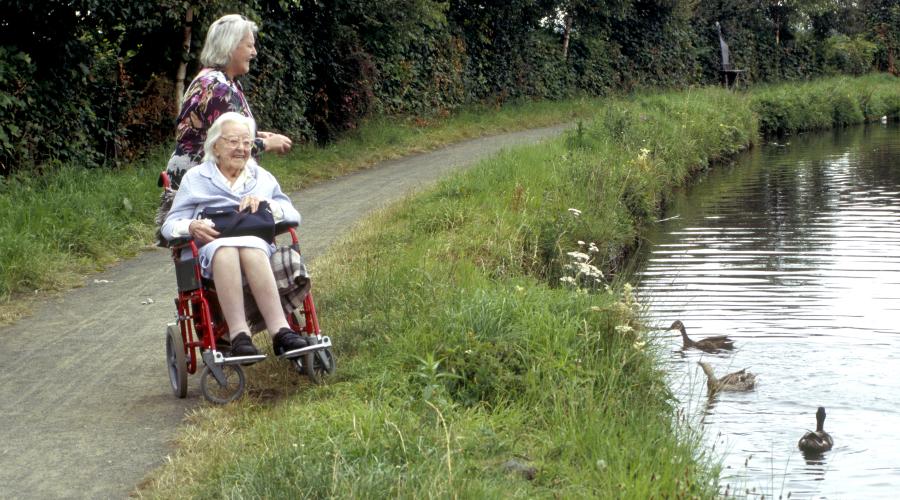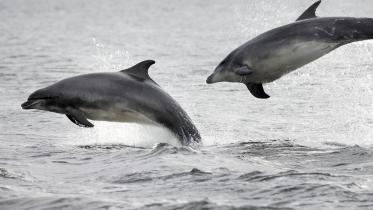
Local Nature Conservation Sites
Local authorities grant the non-statutory designation Local Nature Conservation Site to areas of locally important nature.
Guidance on Local Nature Conservation Sites (LNCS)
‘Guidance on Establishing and Managing Local Nature Conservation Site Systems in Scotland – 2023 update’ was compiled by a working group led by NatureScot with representation from key stakeholders, including The Scottish Geology Trust, Scottish Wildlife Trust and local authorities. It is aimed at local authorities, members of LNCS partnerships, Local Biodiversity Action Plan partners, environmental Non-Governmental Organisations and other biodiversity and geodiversity conservation bodies, developers, planners and ecologists.
It updates the previous guidance from 2006, confirming that the purpose of Local Nature Conservation Sites (LNCS) is to safeguard biodiversity and geodiversity of at least local importance, primarily through Local Development Plans, and that all LNCS should meet the general criteria set out in the guidance. The guidance sets LNCS within the current policy context of nature networks, spatial planning, and the nature crisis and climate emergency.
It includes an introduction from Bruce Wilson, Head of Policy and Advocacy at The Scottish Wildlife Trust followed by sections on selecting LNCS, managing LNCS systems, and managing individual sites. Annexes provide examples from different local authorities of systems used to manage and record the site selection process.
The guidance reiterates that LNCS comprise Local Biodiversity Sites (LBS) and Local Geodiversity Sites (LGS), which can both make a significant contribution to building a nature-positive future, contribute to local nature networks, help maintain natural capital, and improve the health and resilience of ecosystems, people and communities.
It sets out the process for identifying LNCS, including accessing data and expertise, and it confirms the need to map LNCS in Local Development Plans and implement policies to protect them from harmful development and other infrastructure. The guidance aims to encourage ongoing review of LNCS to ensure that they remain fit for purpose, and the identification of new sites meeting the selection criteria. It aims to promote the good management of LNCS to retain their features of interest and to enhance sites where possible.



